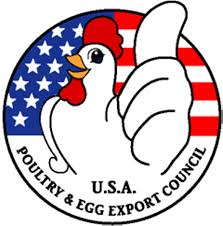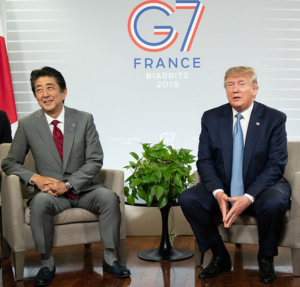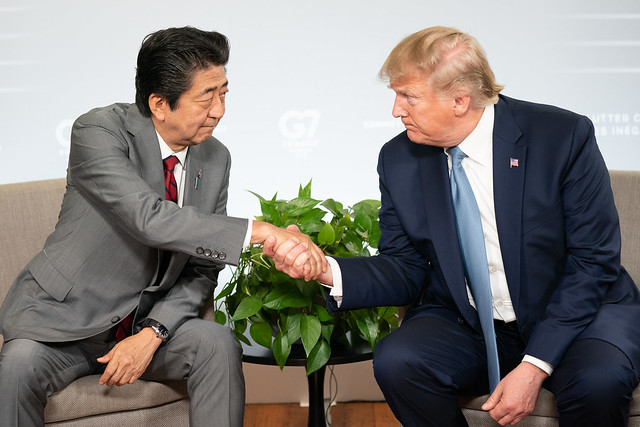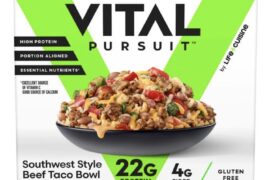Poultry and egg commercial organizations in the United States, as well soybean growers, welcome the August 25 announcement of a trade agreement between the US and Japan during the G7 Summit in France, an achievement that stands to benefit companies in the export sector that have been negatively impacted by the ongoing trade dispute between Washington and Beijing.
“Frozen chicken, turkey, and processed egg products will receive favorable tariff reductions enabling our products to compete more effectively with those of countries in the Trans-Pacific Partnership,” the USA Poultry & Egg Export Council (USAPEEC), National Chicken Council (NCC), National Turkey Federation (NTF) and United Egg Producers (UEP) said in a joint statement issued on August 26.

“While this is just the first stage of a bilateral agreement, it is welcome news and we would like to thank President Trump, Secretary Perdue and Secretary Lighthizer for their work negotiating trade deals that stand to benefit US poultry and egg products.”
Japan is the leading market for US egg product exports, and the second-largest market for US turkey exports. It also is a very promising market for American chicken companies that are willing to provide the specific chicken cuts that Japanese buyers are seeking.
Soy Growers Pleased with Deal
Meanwhile, the American Soybean Association (ASA) also reacted positively to news that the US has reached a bilateral agreement with Japan, a Top 10 export market for soybeans.

In a statement released Sunday, USDA Secretary Perdue said: “By removing existing barriers for our products, we will be able to sell more to the Japanese markets. At the same time, we will be able to close gaps to better allow us to compete on a level playing field with our competitors.”
ASA President Davie Stephens, speaking on behalf of the association, commented: “We have repeatedly stressed this past year during the trade war with China that we would like the Administration to work hard on existing and new free trade agreements (FTAs), so we are definitely pleased to hear that the President and his team have heard ASA and other farm groups by working on this deal. Along with more stability for soybean exports to Japan, this FTA also brings potential to increase pork and beef exports; a value-add opportunity for soybeans and way to create more jobs here in the US.”
Soybeans and soy products are America’s leading agricultural export with an export value of more than $28 billion last year. Over 60% of America’s soy crop is exported globally.
Deal Signing Likely in September
Formal signing of the US-Japan trade agreement, which was jointly announced by US President Donald J. Trump and Prime Minister of Japan Shinzō Abe during the G7 Summit in Biarritz, France, is expected to take place next month in the United States.

“Both of us are going to attend the UN General Assembly [during September in New York]. And, on that occasion, I do think that we’ll have the bilateral summit meeting. So we would like to set the goal of signing this Japan-US trade agreement, seizing that opportunity,” said Abe.
The Prime Minister added: “We still have some remaining work that has to be done at the working level, namely finalizing the wording of the trade agreement and also finalizing the content of the agreement itself. But we would like to make sure that our teams would accelerate the remaining work for us to achieve this goal of realizing the signing of the agreement on the margins of the UN General Assembly at the end of September.”
It is anticipated that Japan will also buy a significant volume of corn from suppliers in the United States, as well as wheat.
“We believe that there is a need for us to implement emergency support measures for the Japanese private sector to have the early purchase of American corn,” said Abe.





